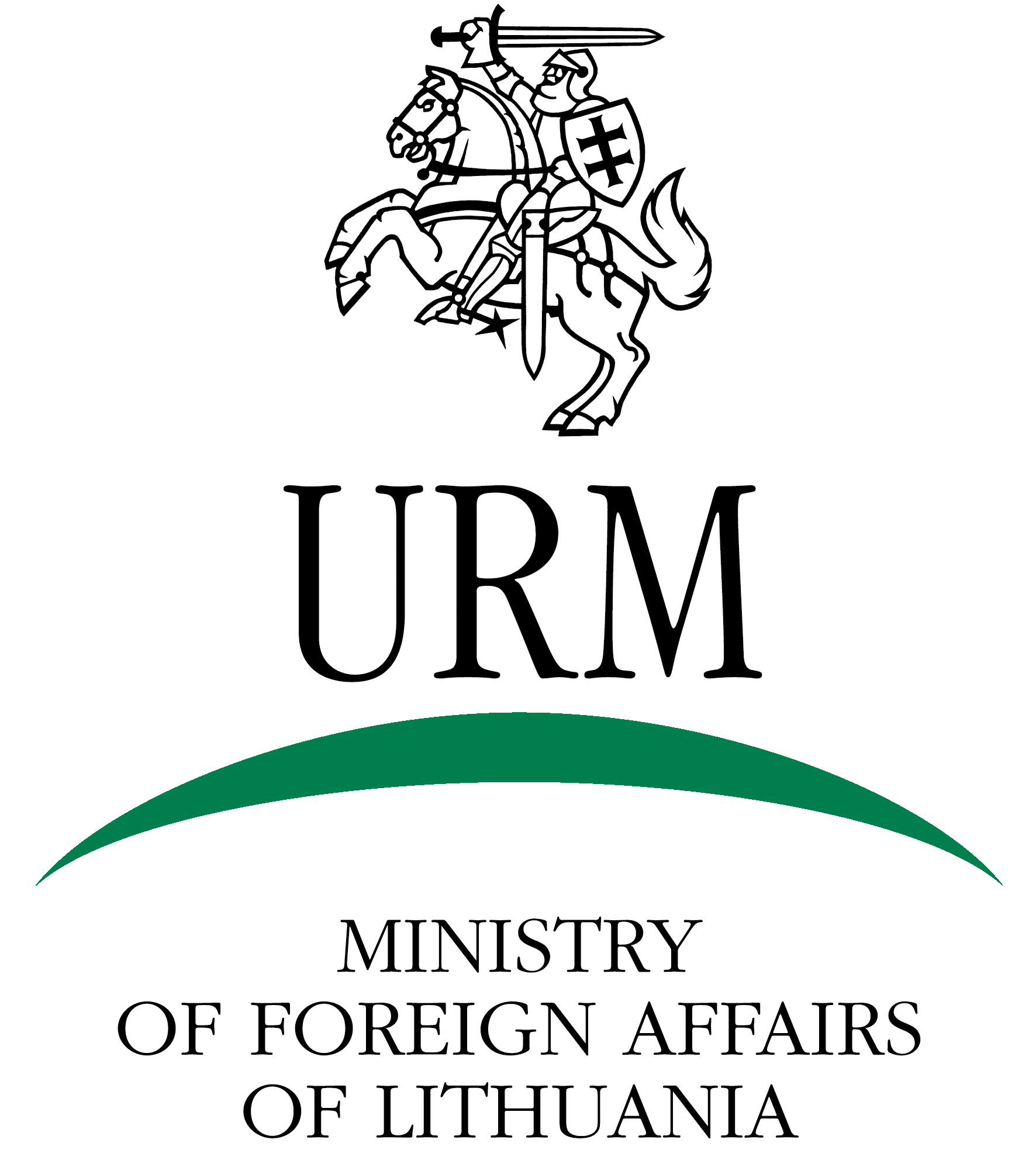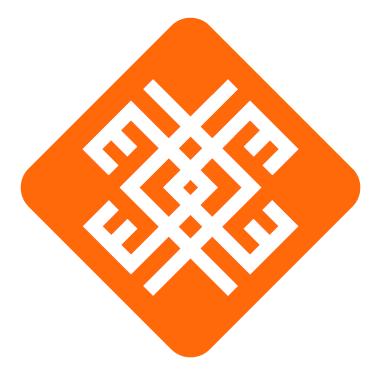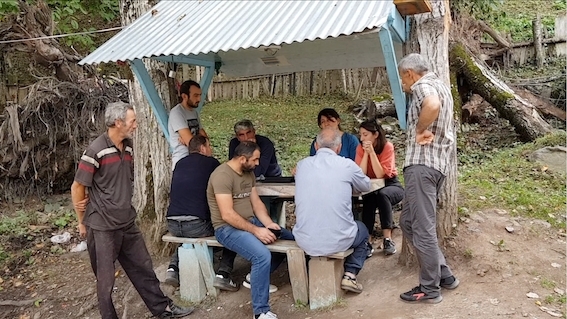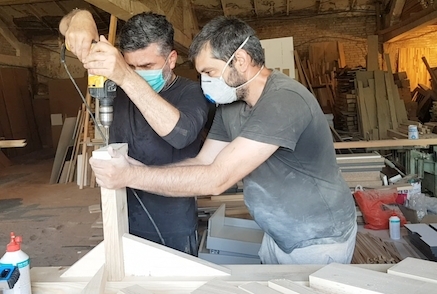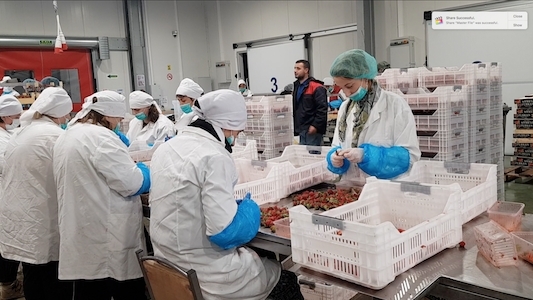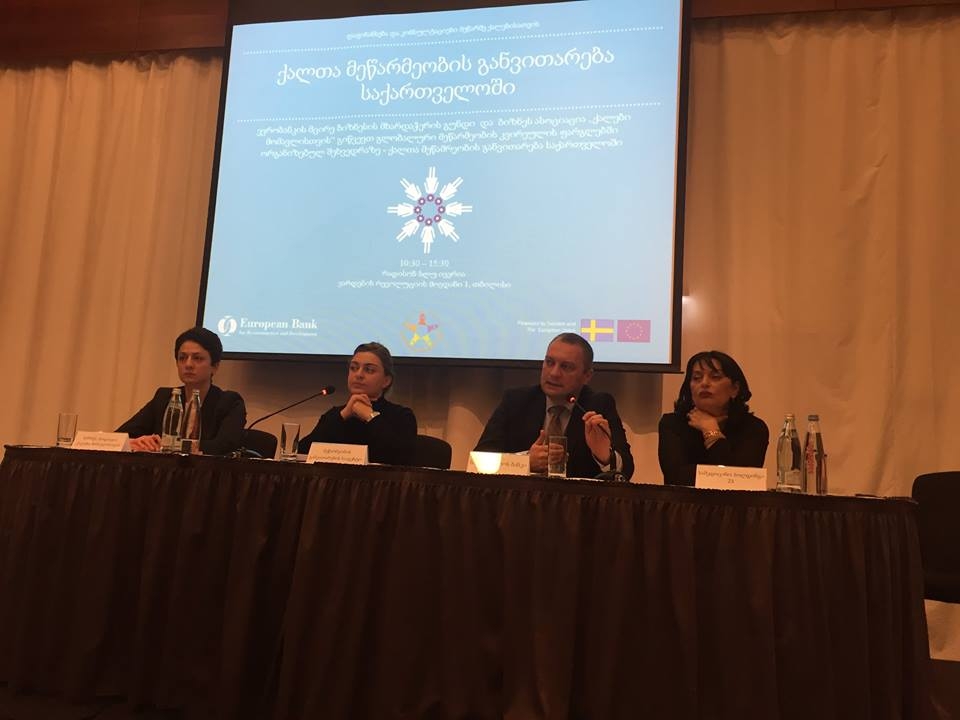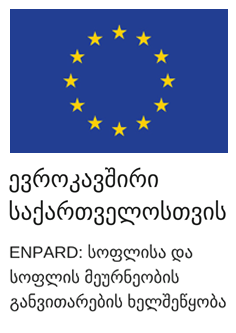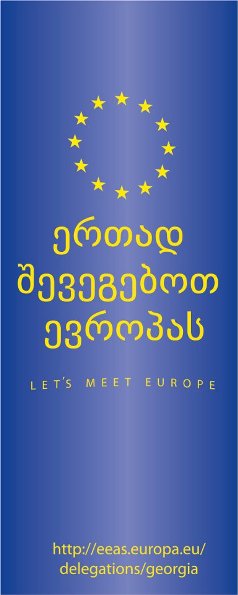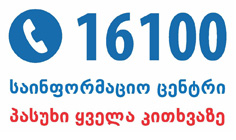Georgian ICT cluster works to attract international projects

ICT Cluster currently unites 11 companies operating in Georgia. Cluster is a cooperation platform for technology industry stakeholders which was created to strengthen ICT (information communication technologies) business in Georgia. The ICT cluster works in 3 main areas: business development and export, regulation and policy development, and third, promotion of digital technology education. The cluster has a board of directors consisting of representatives of member companies.
Mariam Sumbadze (Director of ICT Cluster): “The ICT cluster was established in Georgia about a year ago and we have just started active work. Therefore, we do not have a long history. We cooperate with several foreign clusters, including Estonian and Czech clusters. We try to make the closer business ties and develop joint projects. We have study visits in these countries, and we establish new contacts, so that our companies can easily integrate into the European market. There are quite large clusters in Estonia and the Czech Republic, and in their countries, they are making significant steps forward in the field of ICT. We try to introduce this practice in our work as well. The cluster is actively working on exports and we hope to see important international projects soon. Unfortunately, Covid-19 epidemic prevented us in this direction. We hope to start a joint project soon. We try to establish new contacts with other countries as well, in order to see Georgia as a successful country in the IT direction.
-Can you tell us specifically what benefits has brought for ICT companies to join in the cluster?
-The main benefits are cooperation and open partnership. There are several companies in the cluster that are competitors for each other, however, they work together within the union. They started collaboration on different project concepts within the cluster. For example, one company has hardware devices, another has software development experience. Currently companies are working very actively, and competencies are being combined to create remote working tools for client companies. We try to make it easier for companies to move remote working regime due to the Kovid19 pandemic. 6-7 member companies are involved in this scheme. Under the current conditions, demand for high technologies and technical support has increased. Our cluster companies are already working on a strategy to help businesses implement more efficient systems in the future. However, the economy is stagnant, revenues are declining, so companies find it difficult to order new projects.
I think the importance of digital transformation for each company will become clearer in the future. It is important to bring cluster benefits to companies. For joint projects, the more involved in the cluster, the more opportunities will arise. Joining in the cluster is especially important for small and medium-sized companies, as it is not easy for them to deal with various difficulties related to high competition.
In addition, the cluster gives member companies wider access and arena to have a unified vision of needs, to speak out loud on both policy and business issues.
- Joining a cluster allows businesses to save costs. How does this factor work in the case of an ICT cluster?
- In the case of ICT companies, geographical proximity in not important. Issues are easily resolved because we communicate online. Each member of the ICT cluster is technologically well equipped and has the knowledge to use the appropriate mechanisms. Meetings are held regularly, and cluster members discuss not only the issues that are important to their business but also general concerns for joint interests. Cluster allows its member companies joint involvement in business opportunities, to make changes in the ICT field, and to export joint projects, which may be difficult for an individual company. Various small and medium-sized companies are constantly interested in joining the cluster, so negotiations are underway.
- Does the ICT cluster cooperate with other clusters in the country?
-Donor organizations are organizing our meetings. We have communication with several clusters, including furniture cluster, business association, etc. Most importantly, ICT filed is a widespread direction for any sector. Each cluster in Georgia needs technological solutions. During the epidemic, we restored communication to help them in their difficult situation. Technology allows us to come up with interesting solutions, because each of them has its own specific challenge in this situation.
The ICT sector has great potential in Georgia. We have high level specialists who can mark Georgia on the ICT map. There are specialists who have been educated abroad. They often have orders from abroad, allowing them to keep up with rapidly changing technologies. However, our goal is to speed down the outflow of successful staff from the country so that they can create a high-quality product within the country. That is why strong and successful IT companies are important.
-What are future plans of ICT cluster?
- One of the main goals of the cluster is to export the knowledge and competence of our companies and thus contribute to the growth of the country's economy. We are also actively working in the field of education because we think that building a knowledge-based economy is one of our main challenges. There is a permanent shortage of specialists in the ICT sector, and the cluster is actively working in this direction. We conduct labor market analysis based on business needs and then plan relevant educational programs. We have several projects for this stage. We have negotiations with donor organization about funding. Due to the current situation, it is difficult to name a specific period, but we will probably be able to implement these projects in the fall. Interested persons can get information about our cluster through our website https://ictcluster.ge/en/. You can also contact us via imail: info@ictcluster.ge.
It is also important for the cluster to cooperate with the government to accelerate the decentralization of e-services in the public sector and the creation of a competitive ecosystem. We are very eager to get involved in the implementation and development of e-governance. We can give recommendations on how to optimize costs, increase efficiency, etc. We are ready to develop various government programs to ensure that each spent cent is effective and that the citizens of the country receive the most flexible and diverse e-services. Our cluster members are eager for such collaboration; however, the partnership has not yet been formed.
-Why? Was not the government interested in your offer?
- For this stage, we have proposed action plan to the government, which will be a response to both the challenges of Covid-19 and closer and more active cooperation in the field of digital transformation. We hope that we will have a close cooperation.
Author: Nona Kvlividze
The article is prepared with the financial support of the Ministry of Foreign Affairs of Lithuania and "Development Cooperation and Democracy Promotion Programme."
